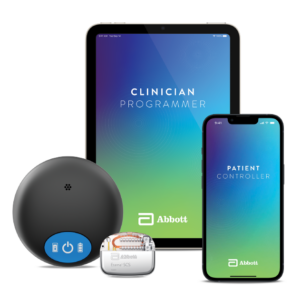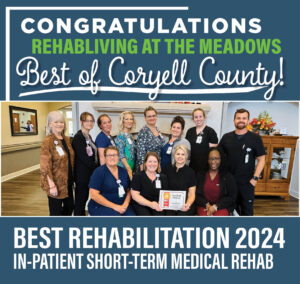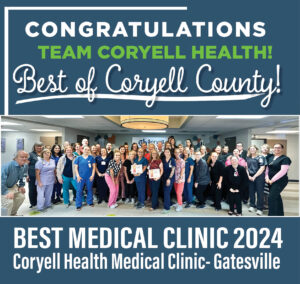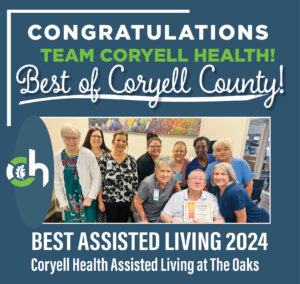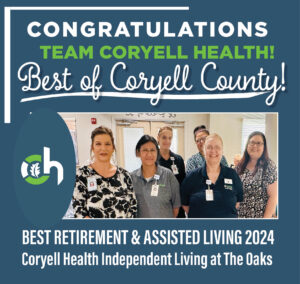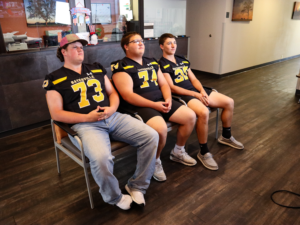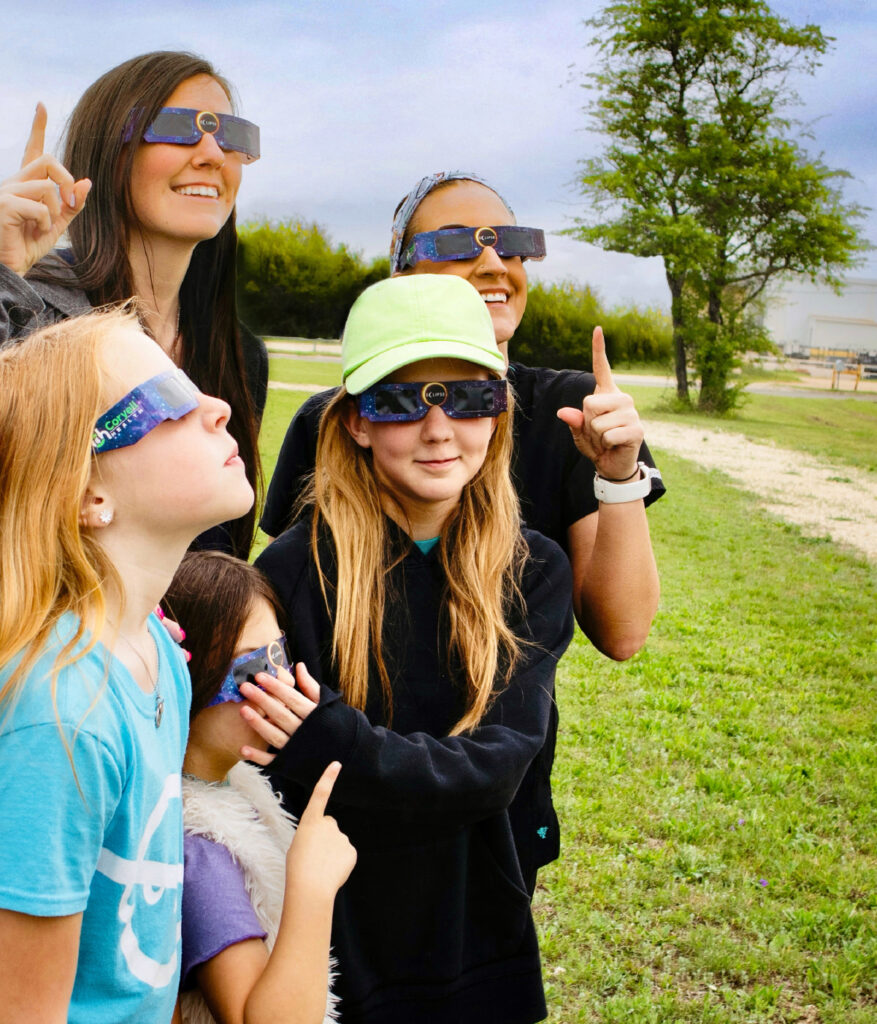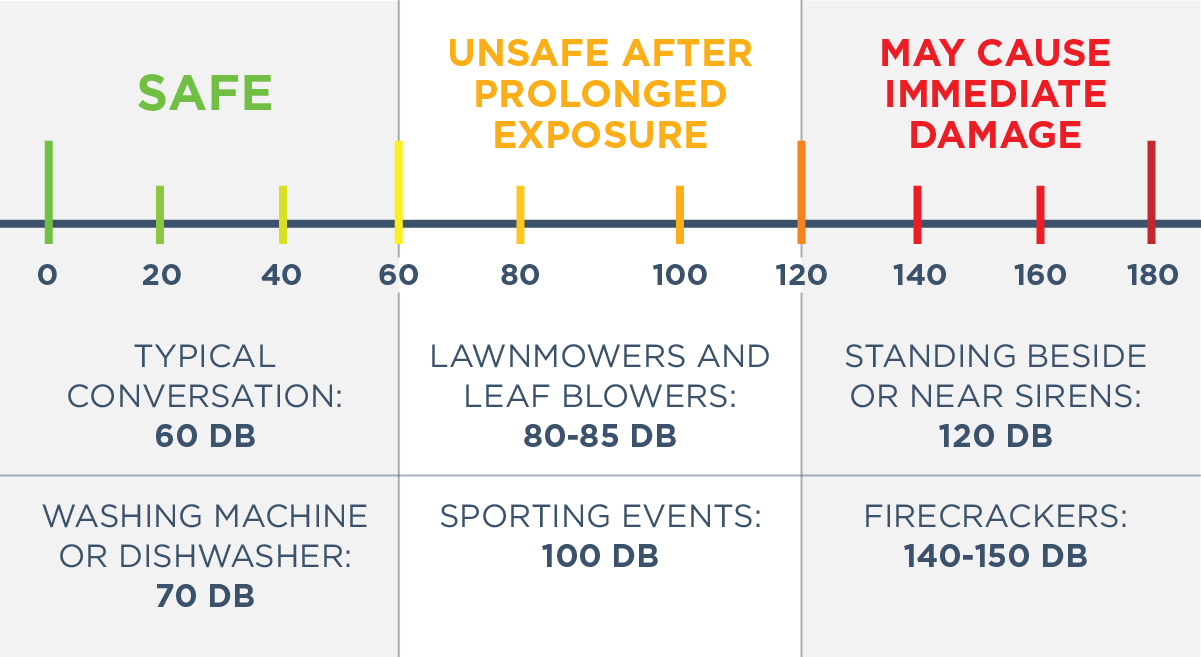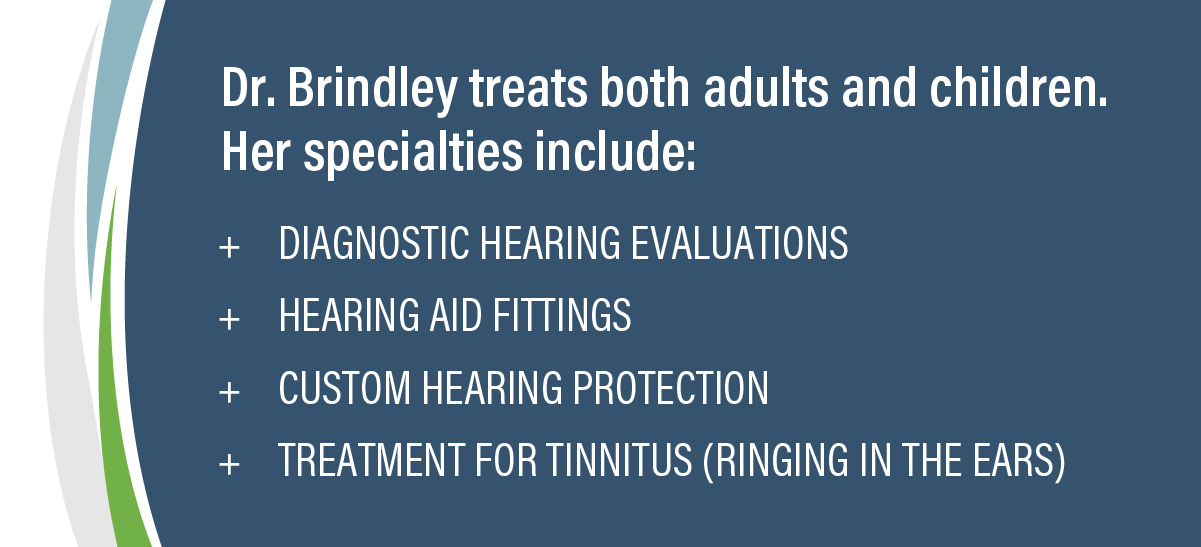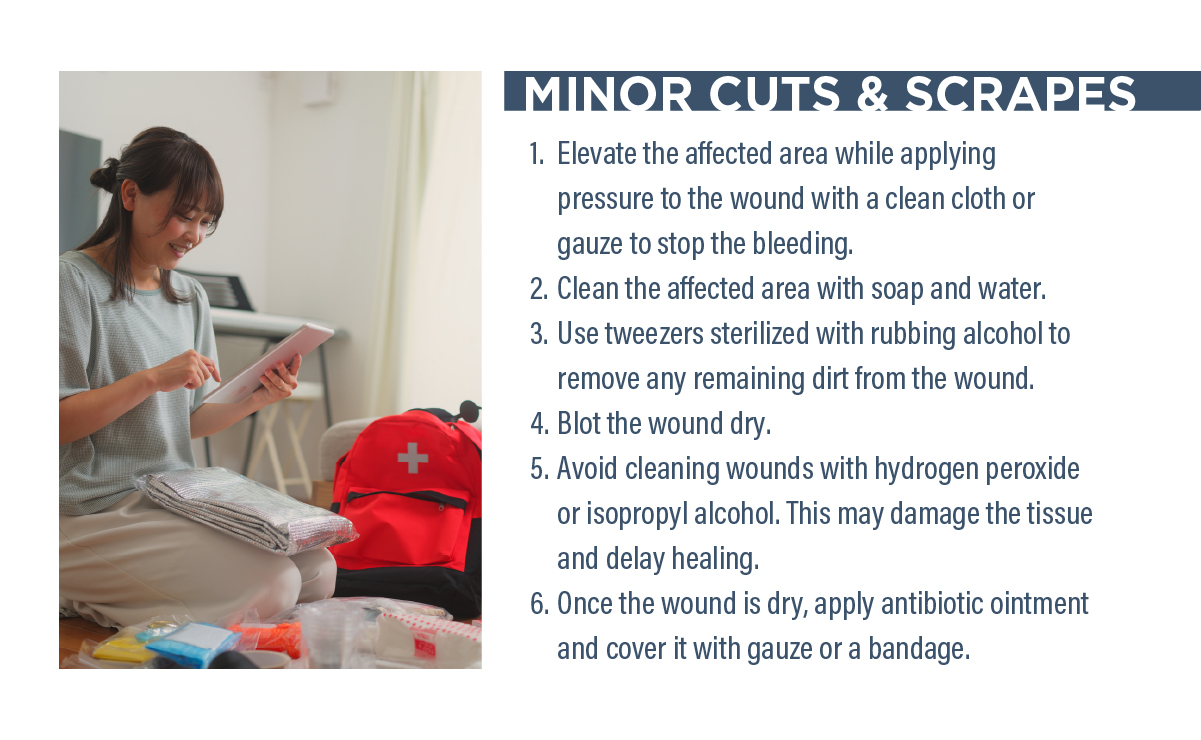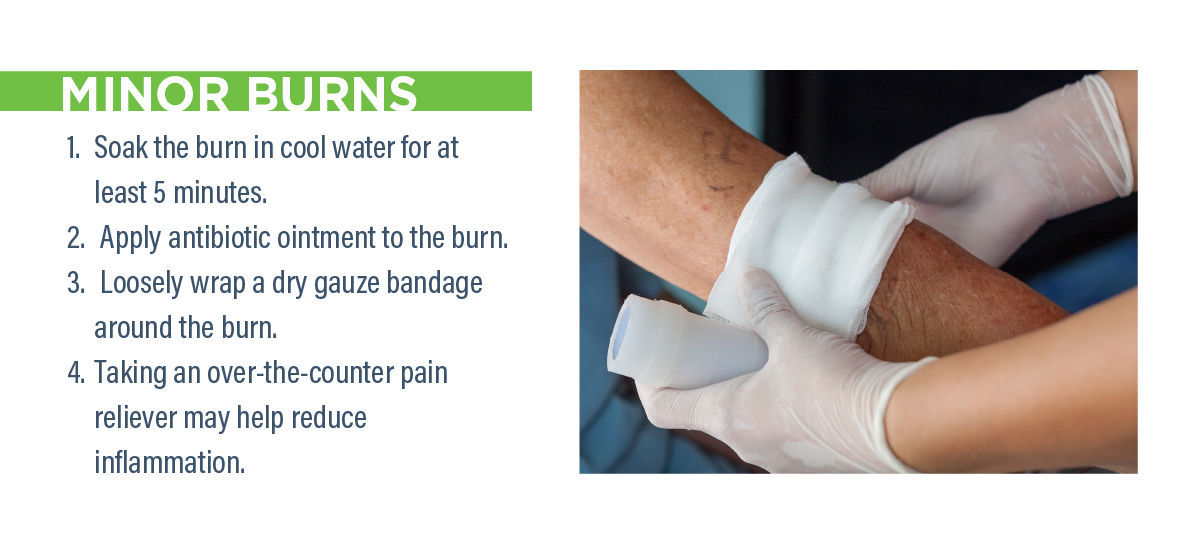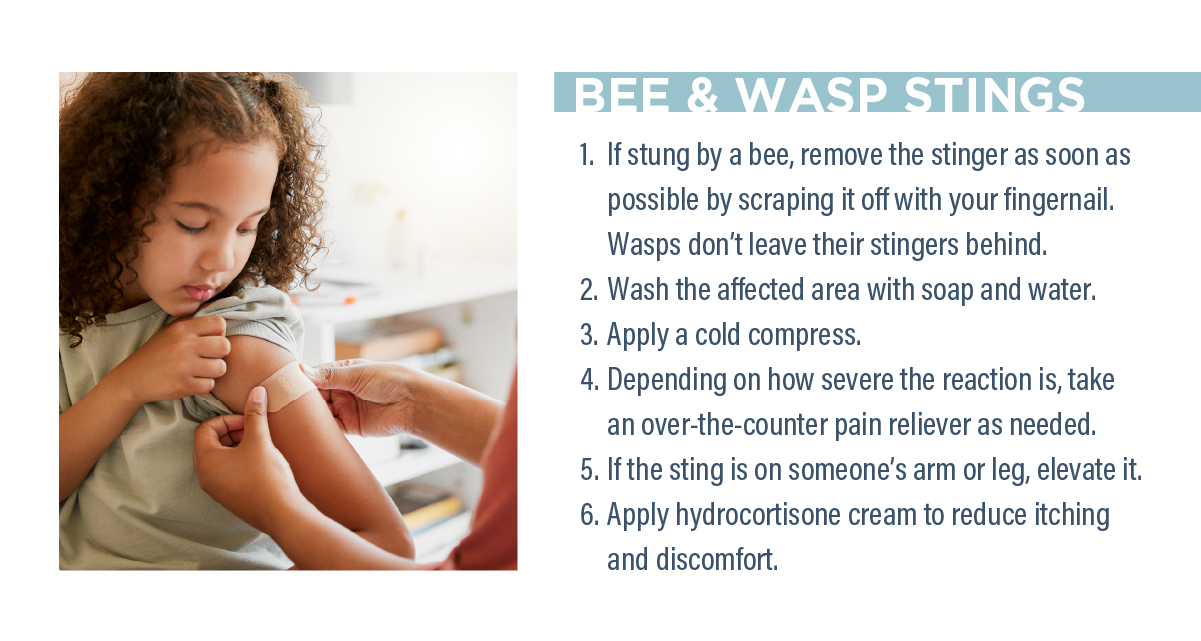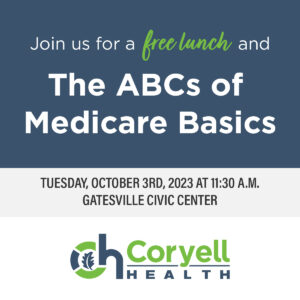The number of pertussis, or whooping cough, cases in Texas has tripled compared to this time last year, according to the Texas Department of State Health Services (DSHS). While anyone can contract whooping cough, young children are particularly vulnerable to severe complications.
Local cases of whooping cough has Coryell Health officials urging families to ensure their children are up-to-date on vaccinations. “Many families may have missed vaccinations in recent years. We are encouraging them to come in and catch up on preventive care,” said Lauren Shelton, MSN, RN, Coryell Health’s Chief Quality Officer and Infection Preventionist.
Dr. Diedra Wuenschel, Medical Clinic Director and Coryell County Health Authority, explained that whooping cough is a highly contagious bacterial infection. It often starts with symptoms like the common cold but can escalate into severe coughing fits that may cause vomiting or difficulty breathing.
“It’s important to note that newborns and infants with whooping cough may not ‘whoop’ and they may not cough. Newborns and infants with whooping cough will have difficulty breathing, and they may have apnea – pauses in breathing that are life threatening,” adds Wuenschel.
The DTaP vaccine, included in the routine immunization schedule recommended by the CDC and DSHS, offers protection against pertussis.
“With the holiday season approaching, staying up-to-date on vaccinations is essential for safe celebrations and community protection,” Dr. Wuenschel said.
Health experts also advise practicing basic preventative measures, such as covering coughs and sneezes, staying home when sick, and frequent handwashing, to help reduce the spread of whooping cough and protect vulnerable populations.
Vaccination, they emphasize, remains the most effective way to prevent whooping cough.
To schedule an appointment for the pertussis/whooping cough (DTaPp or Tdap) vaccine at any of our Coryell Health Medical Clinic locations, please call (254) 865-2166.
Pertussis aka Whooping Cough: Symptoms, Spread, Risk & Prevention
Pertussis is a very contagious disease only found in humans that spreads from person to person. People with pertussis bacterial lung infection usually spread the disease to another person through aerosolized droplets from coughing or sneezing. Pertussis can also spread when others in close contact breathe in the pertussis bacteria. Many babies who get pertussis are infected by older siblings, parents, or caregivers who might not even know they have pertussis.
In infants, the cough can be minimal or not even there. Infants may have a symptom known as “apnea.” Apnea is a pause in the child’s breathing pattern. Pertussis is most dangerous for babies. More than half of infants younger than 1 year of age who get the disease must be hospitalized.
Pertussis can cause violent and rapid coughing, over and over, until the air is gone from the lungs and you are forced to inhale with a loud “whooping” sound. This extreme coughing can cause you to throw up and be very tired. The “whoop” is often not there, and the infection is generally milder (less severe) in teens and adults, especially those who have been vaccinated.
Early symptoms can last 1 to 2 weeks and usually include:
- Runny nose
- Low-grade fever (generally minimal throughout the course of the disease)
- A Mild, occasional cough
- Apnea – a pause in breathing (in infants)
As the disease progresses, the traditional symptoms of pertussis appear and include:
- Paroxysms (fits) of many, rapid coughs followed by a high-pitched “whoop”
- Vomiting (throwing up)
- Exhaustion (very tired) after coughing fits
How to prevent:
- Up-to-date DTAP immunization in children and TDAP in teens and adults
- Practice good hand hygiene (washing with warm soapy water for at least 20 seconds)
- Wearing a mask while sick and around sick patients
- Sanitize waiting areas and exam rooms thoroughly
Pertussis (Whooping Cough) | Whooping Cough | CDC
Increase Pertussis Cases | HealthAlert | TxHealthHumanServices
 Skip to content
Skip to content

